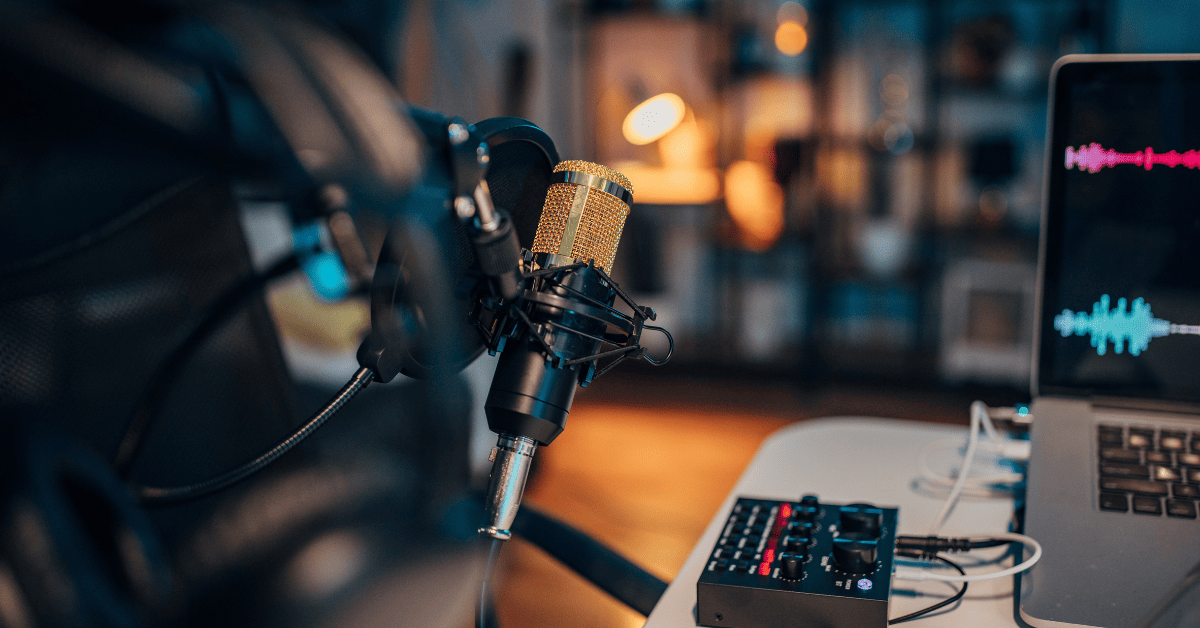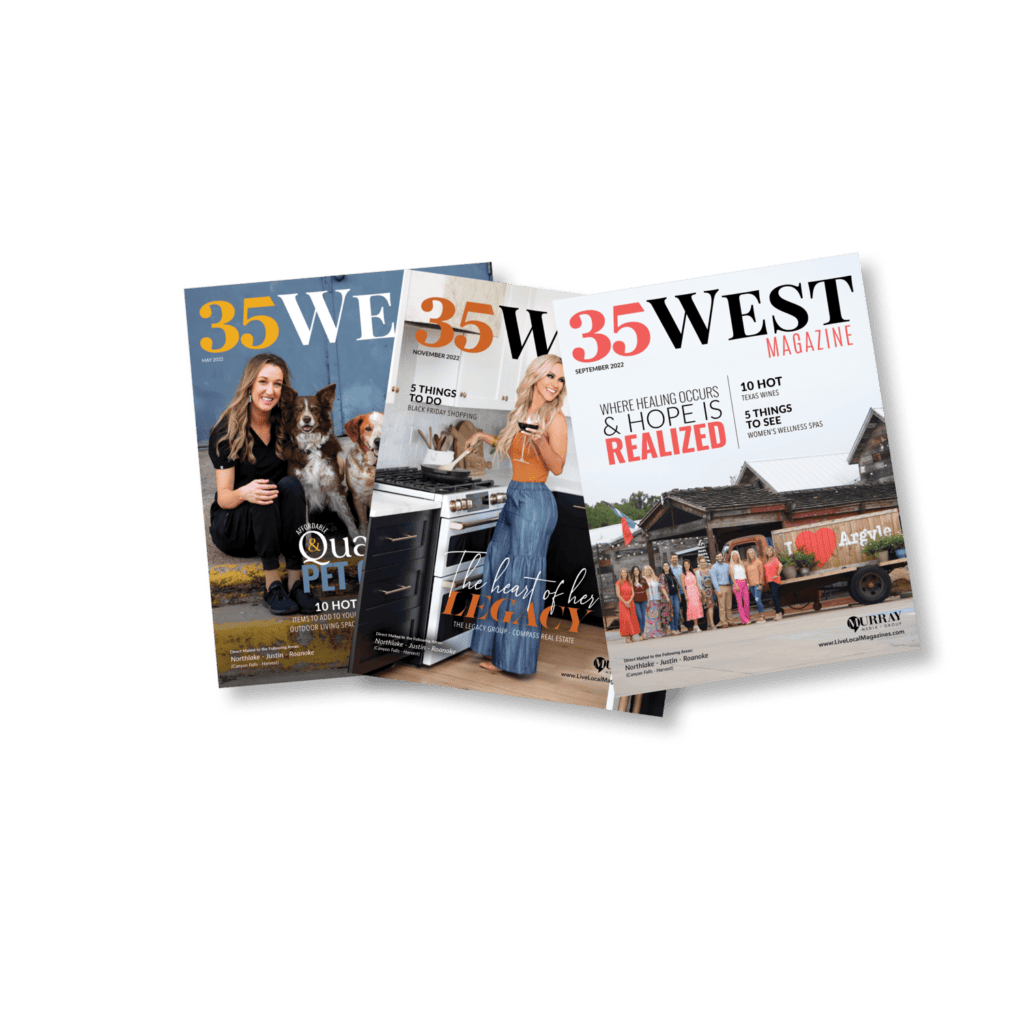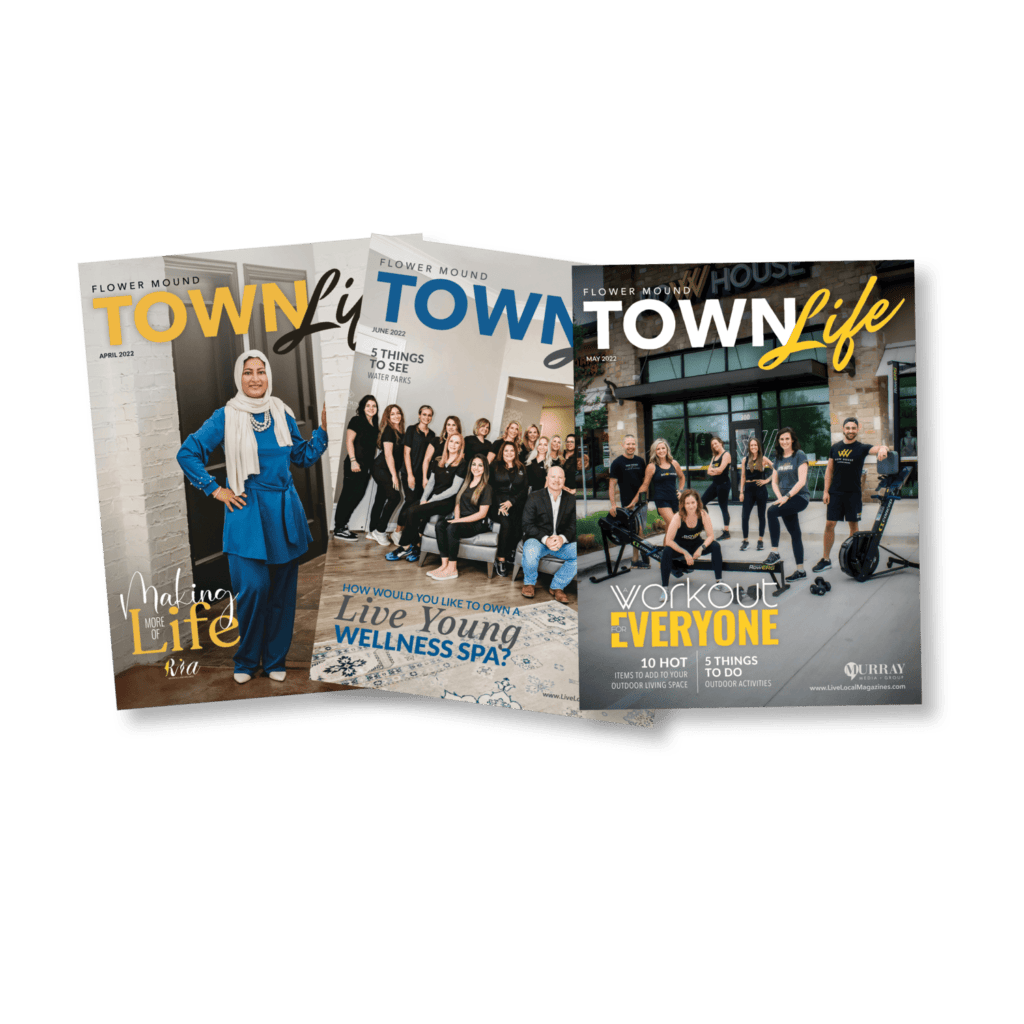Welcome to the exciting world of podcasting, where words have the power to captivate and engage your audience like never before. I’m Kelly Murray, a marketing enthusiast, and co-founder of Murray Media Group, and today, I’m here to introduce you to the magic of podcasting and why it’s a valuable tool for small businesses like ours.
What is Podcasting, Anyway?
You might have heard the term “podcasting” floating around, but let’s start with the basics. Podcasting is a form of digital media that allows you to create and distribute audio or video episodes online. Think of it as your very own radio or TV show, accessible to anyone with an internet connection.
Why Podcasting Matters for Small Businesses
Now, you might wonder, “Why should my small business dive into the world of podcasting?” Well, let me share a few compelling reasons:
- Build Authentic Connections: Podcasting is an intimate medium that lets you speak directly to your audience. It’s like having a conversation with your customers, which can build trust and authenticity.
- Showcase Expertise: Whether you’re a bakery owner, a tech startup, or a local service provider, podcasting allows you to showcase your industry expertise. Share insights, tips, and tricks that demonstrate your authority.
- Expand Your Reach: With podcasts, you’re not limited to a local audience. Your message can reach a global scale, helping you tap into new markets and potential customers.
- Content Repurposing: Don’t let your valuable content go to waste. Podcast episodes can be repurposed into blog posts, social media snippets, and more, saving you time and effort.
Getting Started with Podcasting
Excited to get started? Here’s a brief roadmap to launch your podcast:
- Define Your Niche: Determine the specific topic or theme of your podcast. It should align with your business and resonate with your target audience.
- Plan Your Content: Create an outline of your episodes. What will you discuss? Who will you interview? Having a content plan keeps you on track.
- Get the Right Equipment: You don’t need a fancy studio setup, but invest in a decent microphone, headphones, and audio editing software. Quality matters in podcasting.
- Record and Edit: Record your episodes and edit them to ensure they sound professional. You can do this yourself or hire a professional if needed.
- Hosting and Distribution: Choose a podcast hosting platform to store your episodes. Popular options include Libsyn, Podbean, and Anchor. Once hosted, your episodes can be distributed to platforms like Apple Podcasts, Spotify, and Google Podcasts.
- Promote Your Podcast: Share your episodes on your website, social media, and through email marketing. Encourage your audience to subscribe and leave reviews.
- Stay Consistent: Consistency is key in podcasting. Stick to a regular release schedule to keep your audience engaged.
Remember, podcasting is a journey, not a sprint. It might take some time to see significant results, but the connections you build and the expertise you share along the way are invaluable.
So, if you’re ready to embark on this exciting adventure, remember that podcasting can be a game-changer for your small business. It’s a chance to connect, engage, and share your unique story with the world. Happy podcasting!
I hope you enjoyed this beginner’s guide to podcasting from the perspective of Kelly Murray, a marketing professional, and business owner. If you have any questions or need further guidance, feel free to reach out. Happy podcasting, everyone!














